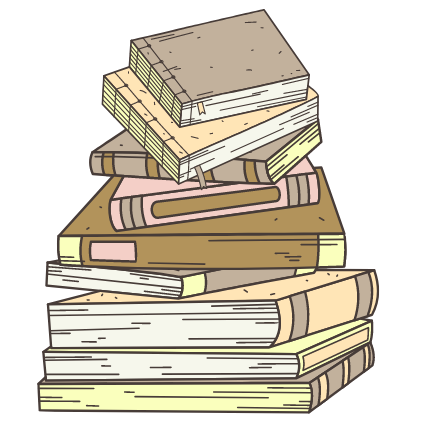
Drop Everything and Write Something Short

Hello!
Because of a truly ridiculous mishap with the novel I was currently writing, I decided to drop everything to outline and write a short story. This got me thinking about the ways a short story is different than writing a novel, which of course spiraled into this post.
The *Kind of* Important Basics
So… I discovered that my current work in progress has absolutely no conflict. *facepalms* And I’m left here wondering why I didn’t figure that out before I wrote almost half of it. I outlined the novel, I went through it scene by scene, and during all of that time, I didn’t realize that there was a giant, very important piece missing?! Needless to say, I felt very stupid.
Now, I’m taking a break and stepping back. A short story is a lot shorter and simpler than a novel. So I’m taking some time to outline and write a short story that has structure. Goals, obstacles, no characters wandering about aimlessly in an eventless situation.
And the basic aspects of story structure are important. They are the building blocks, the foundation. Let’s use an example of math. If you’re learning, say, algebra, but it doesn’t make a ton of sense, it’s completely ridiculous to try to solve the Craziest Algebra Problem on the Planet™ You would start small, with simpler problems. A novel is a very hard thing to write, but short stories are the stepping stones to a novel.
Showing Your Writing
Okay, so we know novels are hard to write. They also take a lot of time to finish. Multiple drafts, editing, rewriting, then the process is rinsed and repeated. The nice thing about short stories is that they don’t take anywhere as much time to write.
Also, there’s something really nice about completing a project. Amidst a pile of sloppy drafts, there is a happy, completed story. All of the threads are clipped, edges hemmed, and words polished.
And then, guess what? You have something that is complete and finished to show others. You can satisfy the “When will you be done with your book?” questions.
Prose and Grammar
I haven’t ever really focused on prose or grammar when I write the first few drafts of a novel. The story is going to change so much and lots of things will be cut out, so going through with tweezers and looking at every single word feels like a waste of time.
But, again, short stories are short. They don’t require millions of rough drafts. It’s easy to get to the point where you are examining every word with a fine tooth comb.
Also, you can practice writing prose. It dawned on me a while ago when I wrote some flash fiction that I can’t write poetic and beautiful prose. I simply haven’t focused on that aspect of writing yet. So, by writing a shorter story I can focus on prose and practice and improve my “wordsmithyness.”
So, overall, I think it’s important for writers to turn back the dial every now and then and write something short. Short stories can be a palate cleanser, a quick story that doesn’t take years to finish. They can help writers learn more of the “fine tooth comb” aspects of writing.
Do you enjoy writing short stories? What is your favorite thing about short stories? I hope you have a great rest of your day! Until next time!
-Hannah
Hi! I’m Hannah, a crazy pen-wielding, jack-of-all-trades writer. I write contemporary stories with a magical (or vintage!) twist, usually featuring big families, delicious food, and a few tear jerking scenes. When I’m not writing, you could find me camping, sewing, hiking, cycling, skiing, playing violin or piano, reading, and many other “-ing” words.
